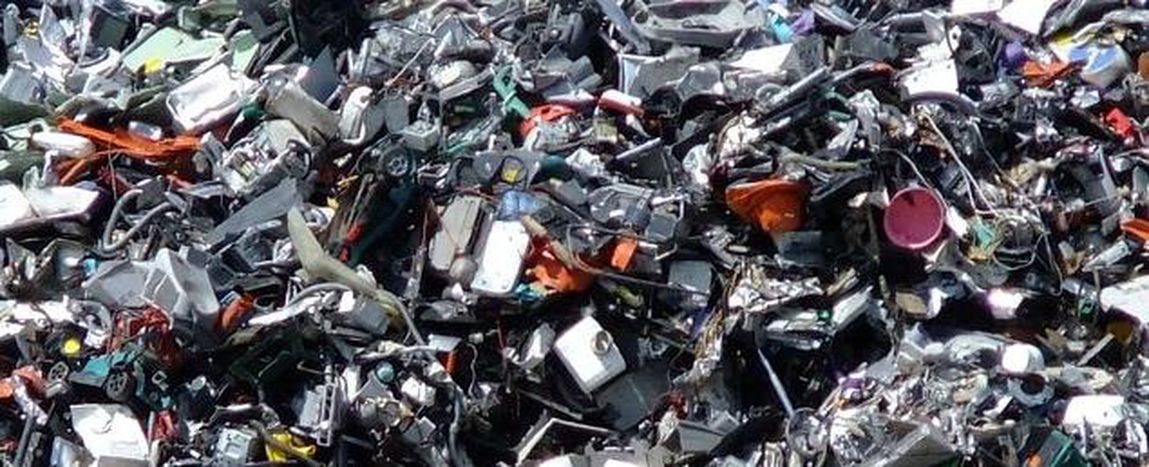
The release of the EU’s Circular Economy Package : a waste of time ?
Published on
A year after its previous draft was considered not ambitious enough and dismissed, the Commission adopted a new Circular Economy package on December 2nd but already, voices are being raised from various stakeholders, denouncing the lack of ambitious of the new package and calling it « weaker than the previous one ».
According to the Commission's press release, the package includes "proposed actions (that) will contribute to "closing the loop" of product lifecycles through greater recycling and re-use, which will bring benefits for both the environment and the economy" - and "revised legislative proposals on waste (that) set clear targets for reduction of waste and establish an ambitious and credible long-term path for waste management and recycling".
However, while all this seems very well meaning, several environmental NGOs, such as Friends of the Earth, WWF and others, are not happy with this new package.
Indeed, while WWF Europe calls it a "failed promise", Friends of the Earth ironically refers to this year as a "wasted year for the circular economy" as the new package is - according to the NGO - "weaker than last year’s proposal" and lacks "the foundations required addressing Europe’s overconsumption of resources".
More specifically, WWF regrets the lack of concrete political action that could enable a real shift towards circular economy and Friends of the Earth noted several areas that were substantially weakened compared to the previous package - and the presence of non-binding initiatives, meaning that member states are not required to implement those measures.
The organisation noted - among others components - that the recycling target’s reduction for 2030 to 65% - compared to 2014’s proposal of 70% - the removal of the commitment to reduce food waste by 30% between 2017 and 2025 (one of the most time sensitive issue regarding waste), and the extension of five more years for member states to meet those targets, "reducing (therefore) their current ambition levels".
On top of missing elements from the previous drafts and an overall weakened proposal, Piotr Barczak of the European Environmental Bureau added that a circular economy can’t be built "just by recycling more and more with our current production and consumption patterns. You also need to cut down on the waste you generate and the way to do that is through legally binding waste prevention targets", exactly what is missing from the package.
Despite these many critics, it has to be noted that the Commission seems committed to make Circular Economy a reality in Europe. It held a circular economy conference in Brussels in June this year attended by over 700 stakeholders and plans to invest heavily on the matter.
But a higher level of ambition and adding legally binding measures for all members states would definitely send a clear signal that circular economy is not only a necessity but an economical and environmental opportunity that should therefore be embraced by all the relevant stakeholders.
Regarding the current package, Friends of the Earth still has hope that the European Parliament will push for a stronger agreement by the end of 2016, enabling as such this necessary push forward needed from the EU.



